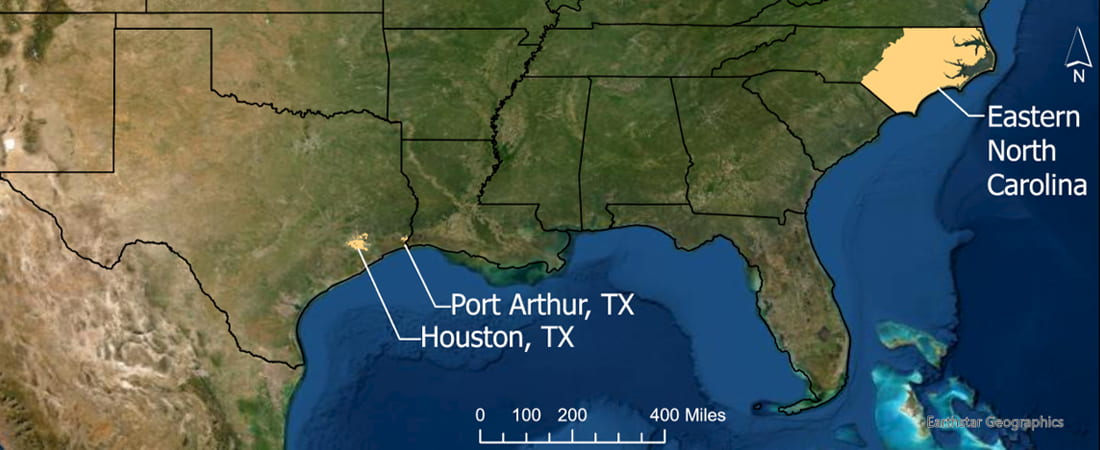WHAT IS CHEER?
The Coastal Hazards, Equity, Economic prosperity, and Resilience (CHEER) Hub is a five-year, $16.5 million project funded by the National Science Foundation Coastlines and People (CoPe) program. It is headquartered in the Disaster Research Center at the University of Delaware.
The Hub’s vision is to advance the understanding of the complex interactions among three intersecting goals in coastal communities – achieving equity, economic prosperity, and resilience to hurricane-related hazards – and develop tools to help address these challenges.

DIVERSITY, EQUITY, AND INCLUSION:
INTEGRAL TO OUR WORK
A driving force of the Hub’s vision is equity. With an aim to advance the science that will make it an integral part of future decisions to address coastal hazards and economic development, the Hub is committed to prioritizing diversity, equity, and inclusion into its practices, leadership, and research. It is infused in all aspects of who we are, what we do, and how we do it.
Case Study Areas
Hub research focuses on three case study areas—Eastern North Carolina; Port Arthur, TX; and Houston, TX–allowing development of the rich, qualitative understanding of household experiences that emerges from working closely with community partners; and facilitating integration of interdisciplinary advances. Nevertheless, the Hub aims to develop findings and models that are generalizable.

ABOUT NSF CoPe
The National Science Foundation’s Coastlines and People program supports diverse, innovative, multi-institution awards that are focused on critically important coastlines and people research that is integrated with broadening participation goals. The objective is to support Coastal Research Hubs, structured using a convergent science approach, at the nexus between coastal sustainability, human dimensions, and coastal processes to transform understanding of interactions among natural, human-built, and social systems in coastal, populated environments.



